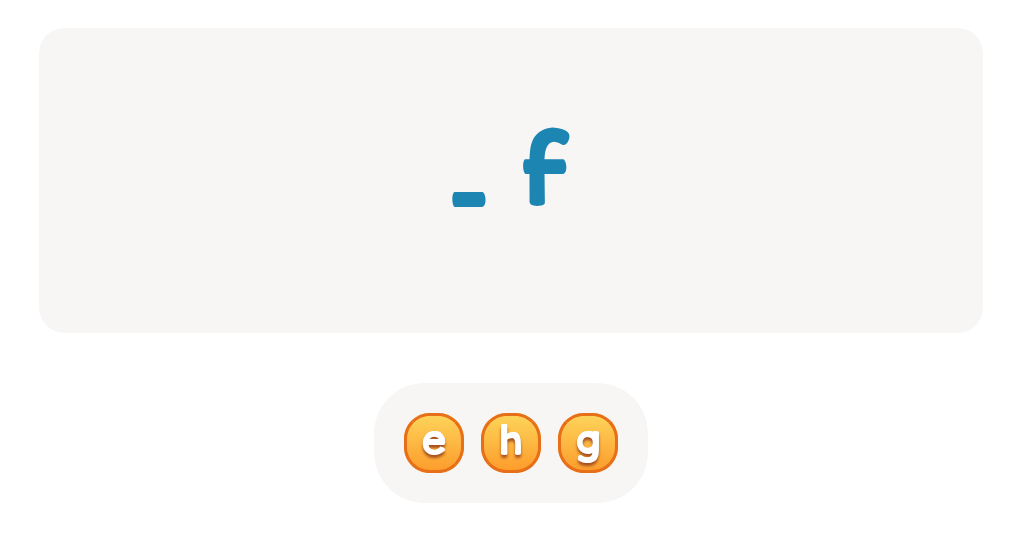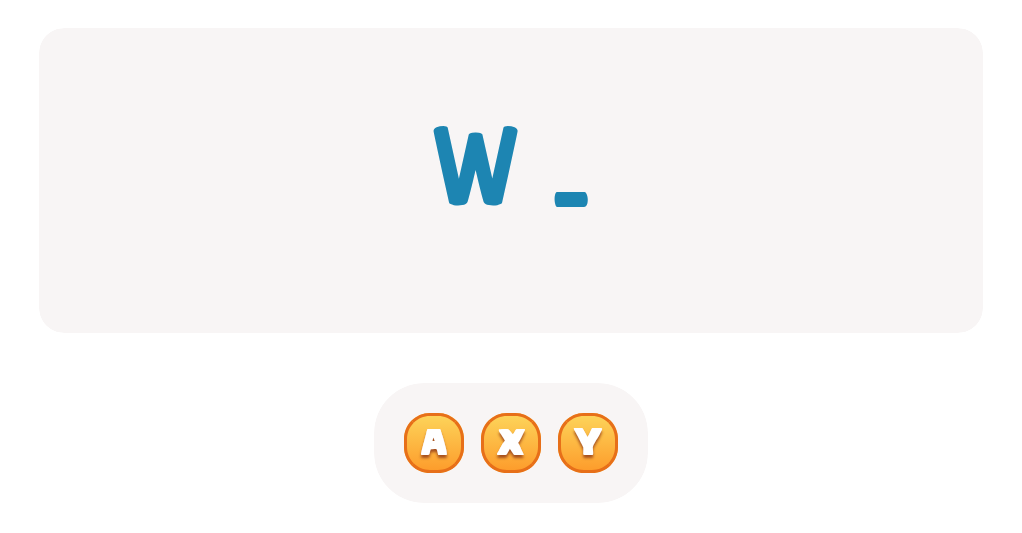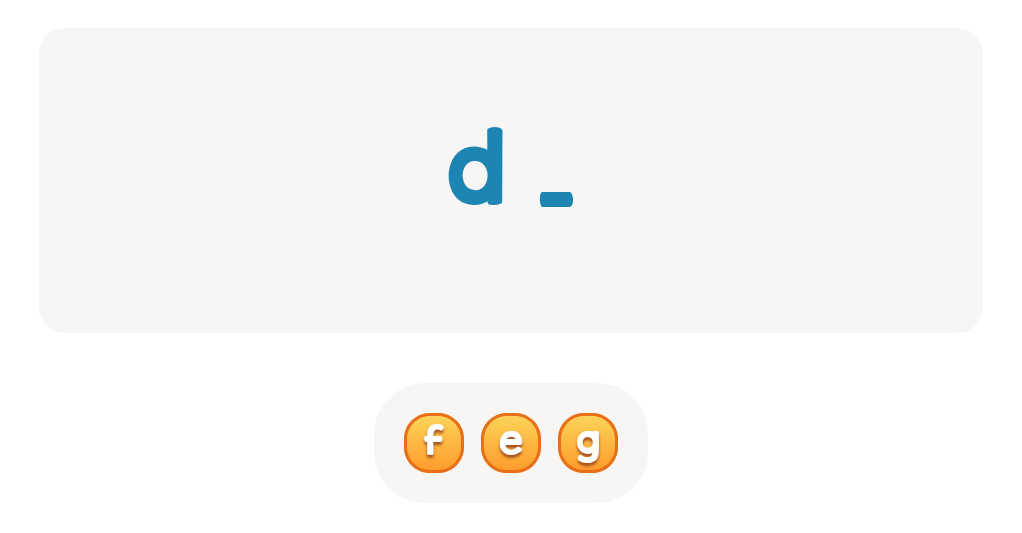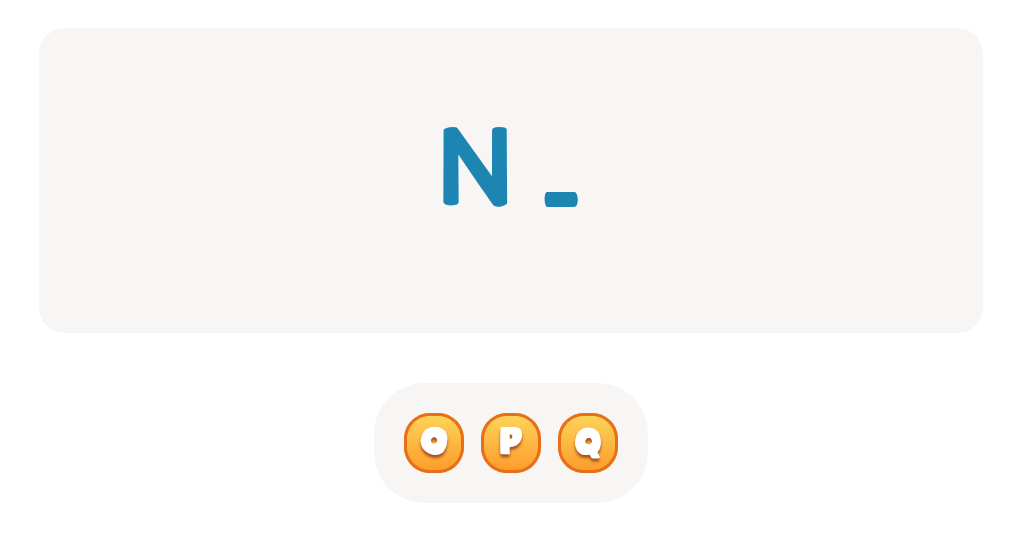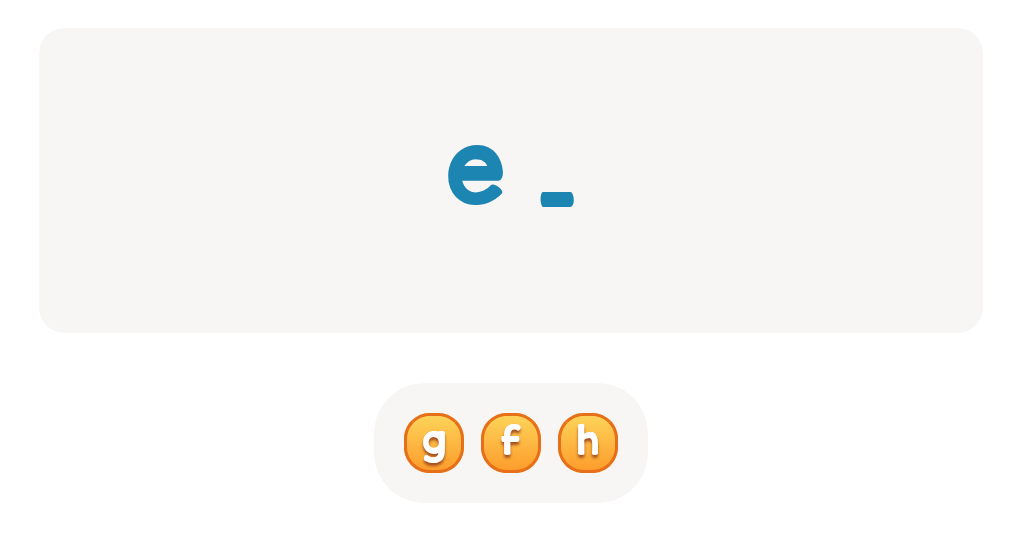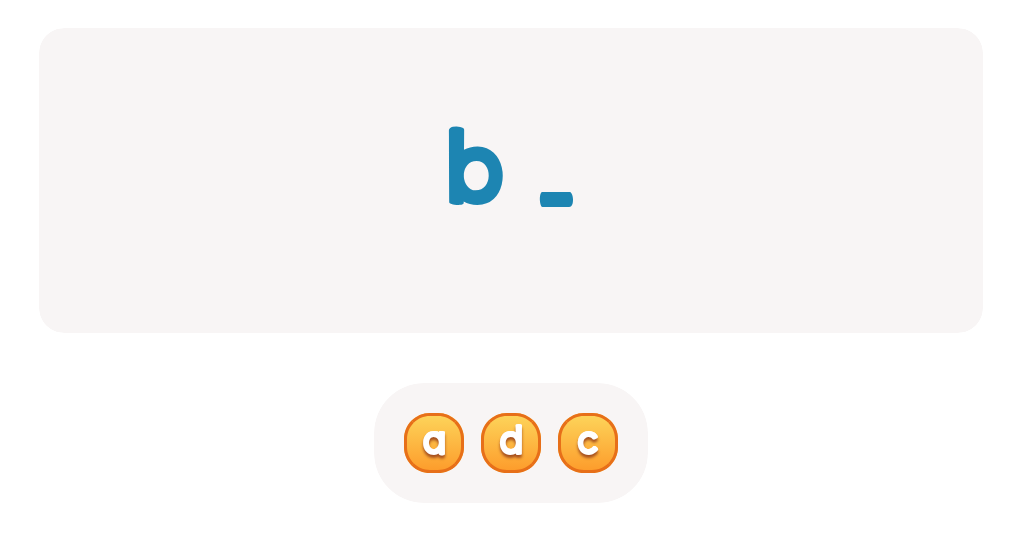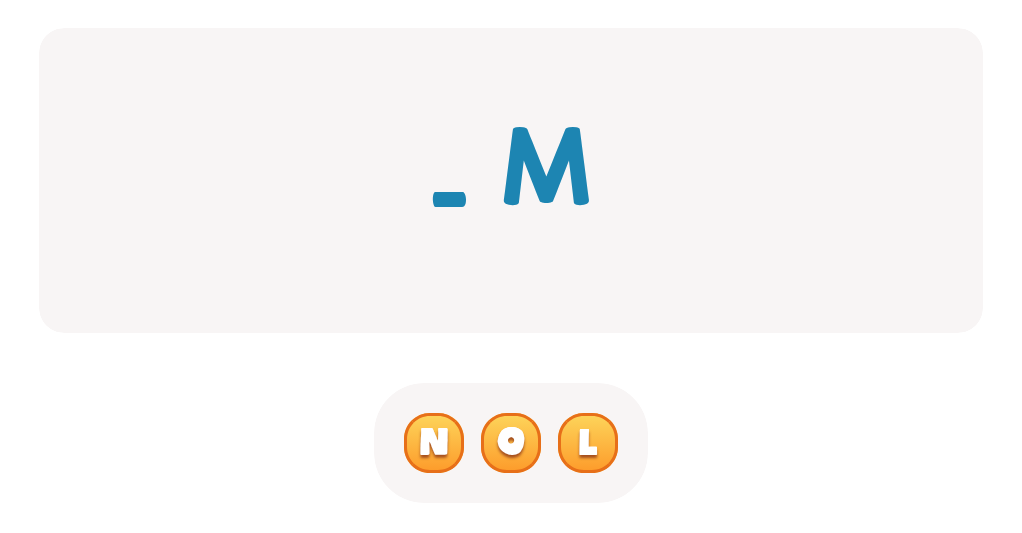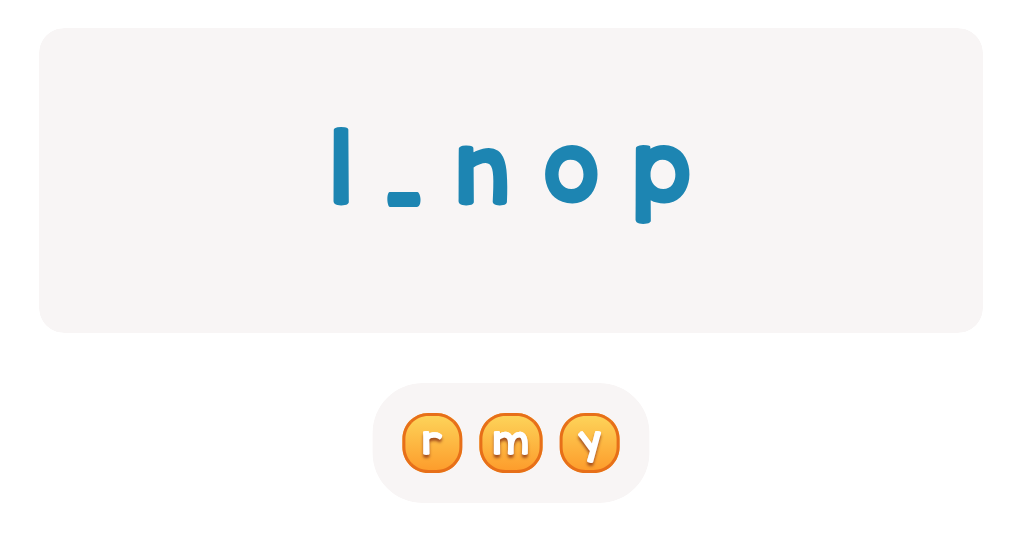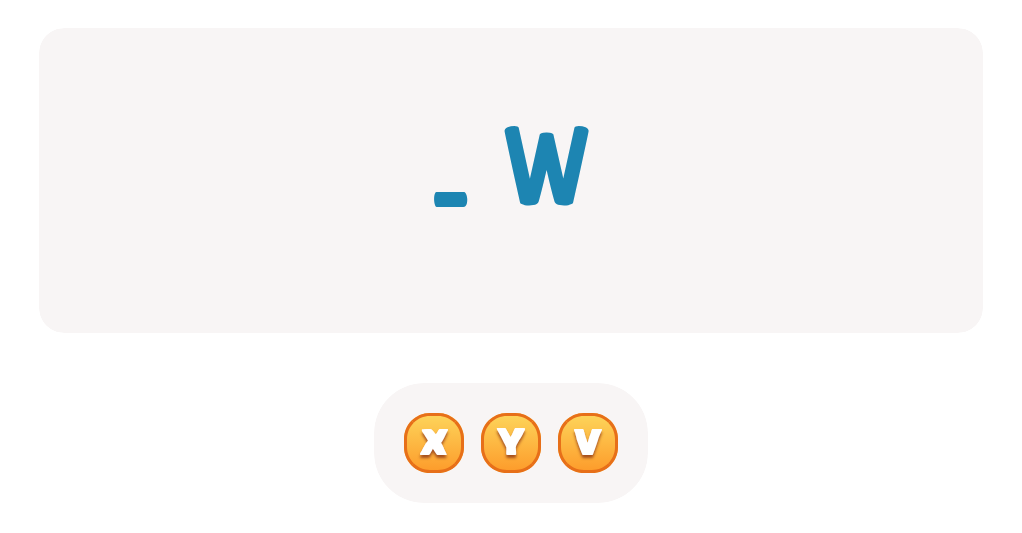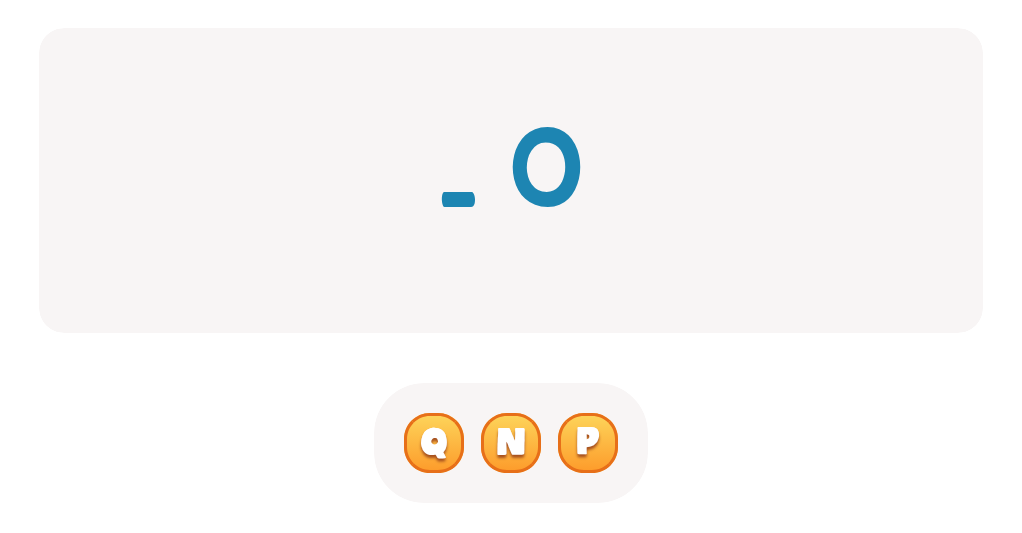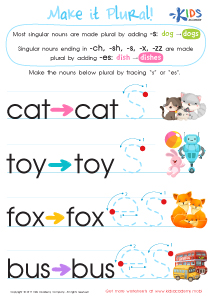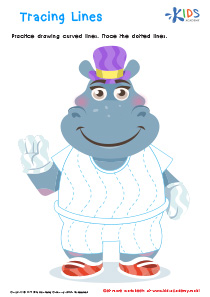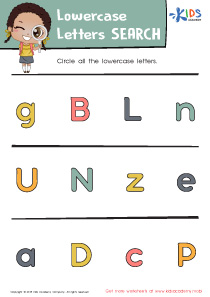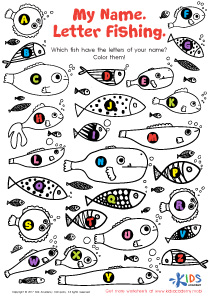Letter recognition Easy ABC Letters Worksheets for Ages 5-7
5 filtered results
-
From - To
Boost your child's literacy skills with our "Easy ABC Letters Worksheets," designed specifically for ages 5-7. These engaging, vibrant worksheets focus on letter recognition, helping young learners identify and differentiate between uppercase and lowercase letters. Each worksheet features fun activities, including tracing, coloring, and matching letters, making learning enjoyable and interactive. Perfect for at-home practice or classroom use, these resources promote early reading and writing skills while capturing children's attention. Support your child's educational journey and lay a strong foundation for literacy with our carefully crafted worksheets that cater to their developmental needs and excitement for learning!
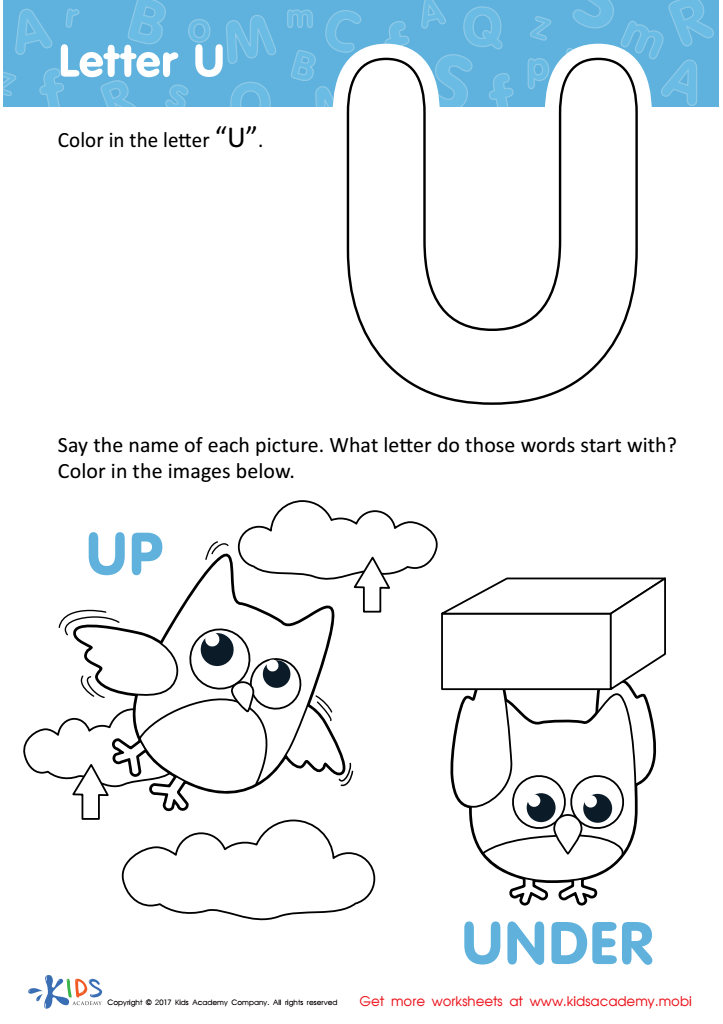

Letter U Coloring Sheet
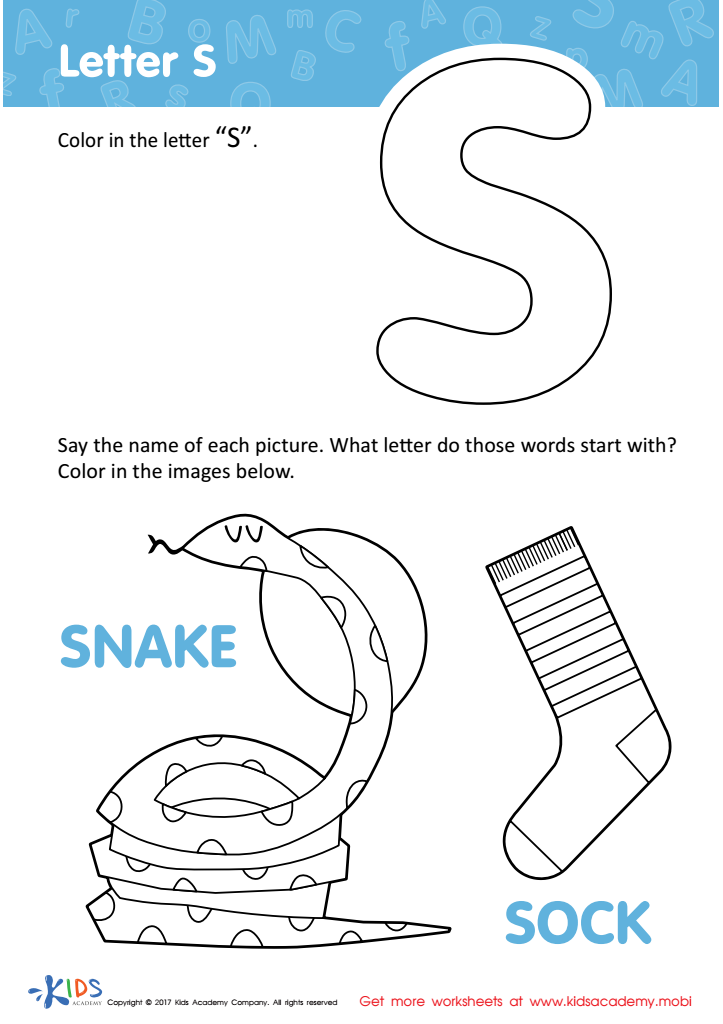

Letter S Coloring Sheet
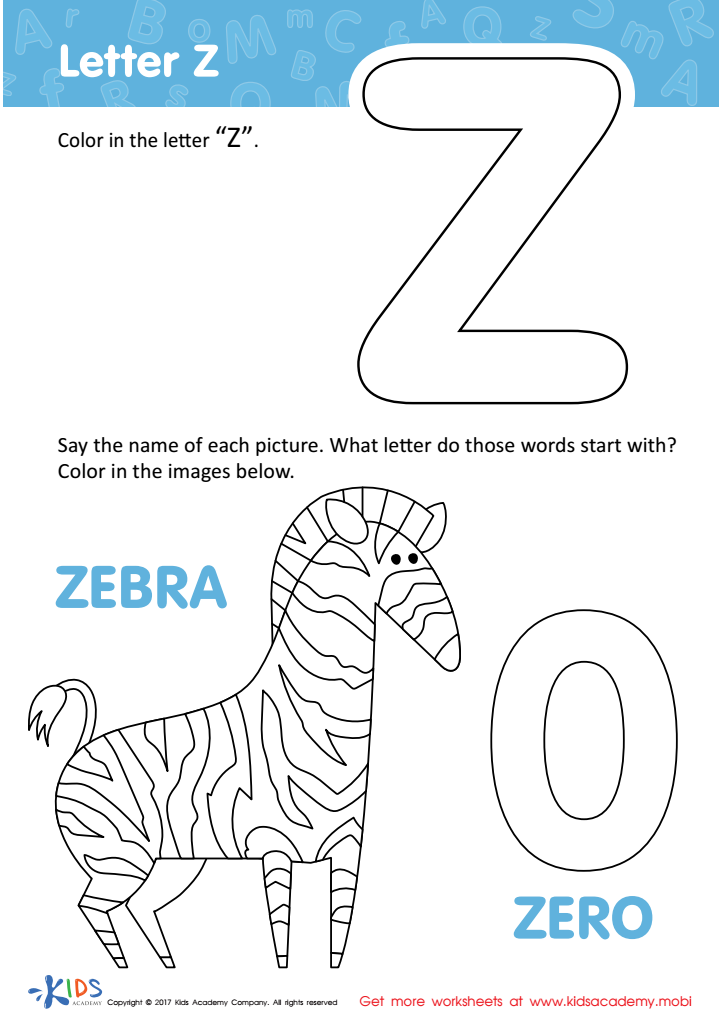

Letter Z Coloring Sheet
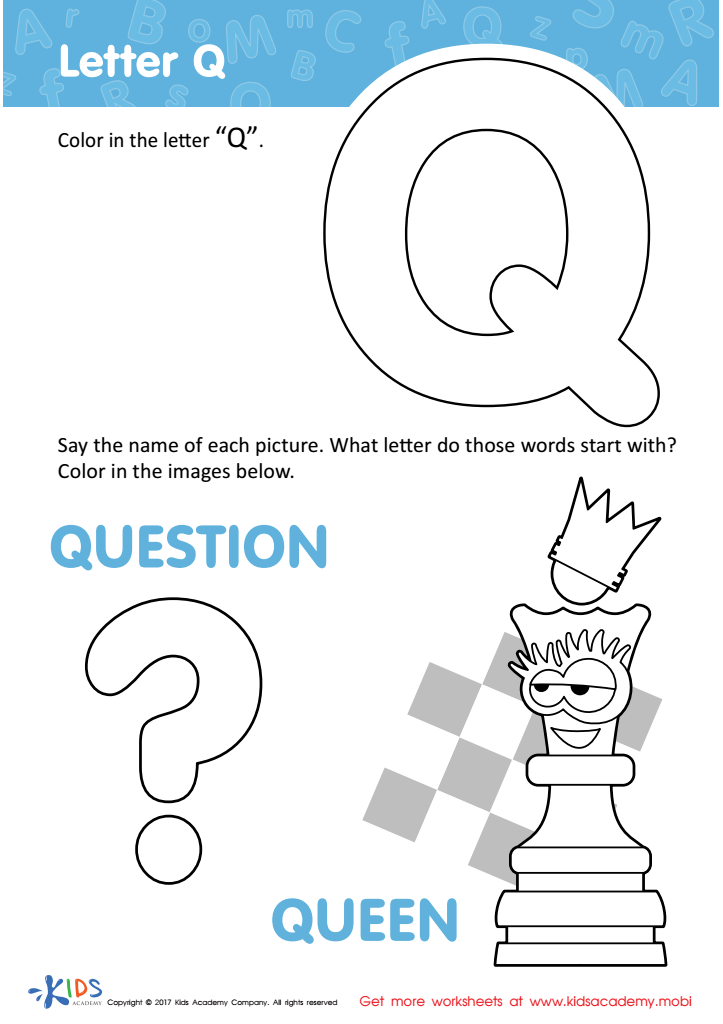

Letter Q Coloring Sheet
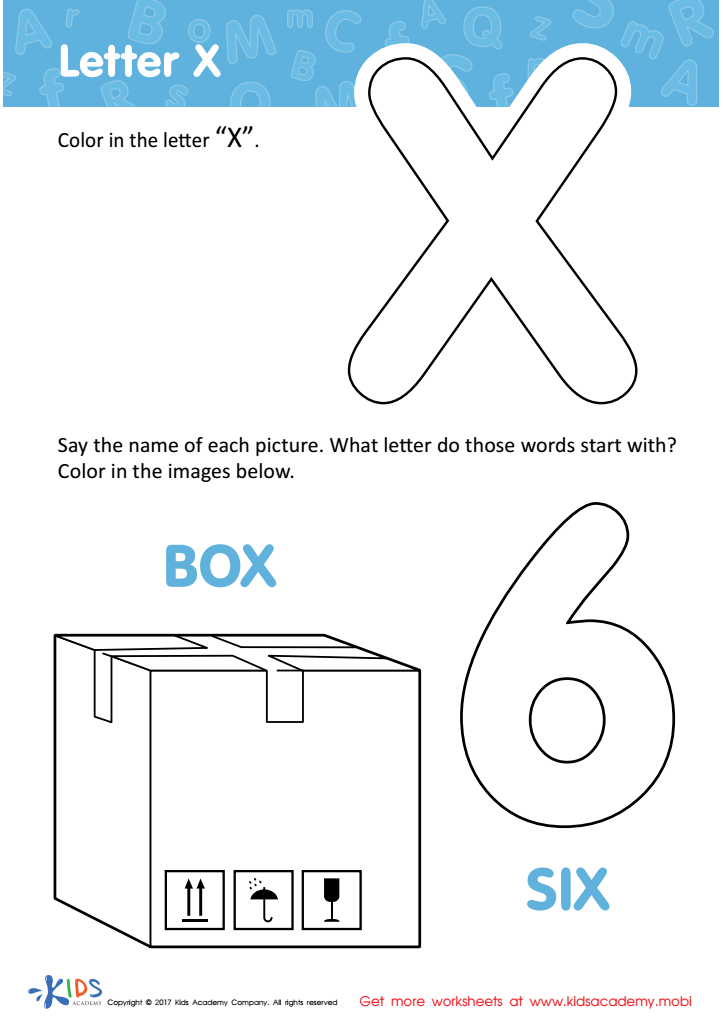

Letter X Coloring Sheet
Letter recognition is a foundational skill essential for literacy development in young children, particularly for ages 5-7. Parents and teachers should prioritize this skill for several compelling reasons. Firstly, recognizing letters is critical for learning to read and write, as it enables children to decode words and construct sentences effectively. Without a solid understanding of the alphabet, children may struggle with reading comprehension and fluency later on, impacting their overall academic performance.
Moreover, early letter recognition activities engage children in an enjoyable and interactive way, which fosters a love for learning. Using tools like "Easy ABC Letters" can create a playful environment where children feel motivated to explore and experiment with letters. These programs often include a variety of games, songs, and activities that accommodate different learning styles, making letter recognition accessible and fun.
Finally, developing letter recognition skills in this age range lays the groundwork for advanced language skills and boosts children's confidence. When children can easily identify letters, they are more likely to participate in reading and writing activities, leading to a more positive educational experience. In summary, promoting letter recognition capability should be a priority for anyone involved in a child's early education.

 Assign to My Students
Assign to My Students
